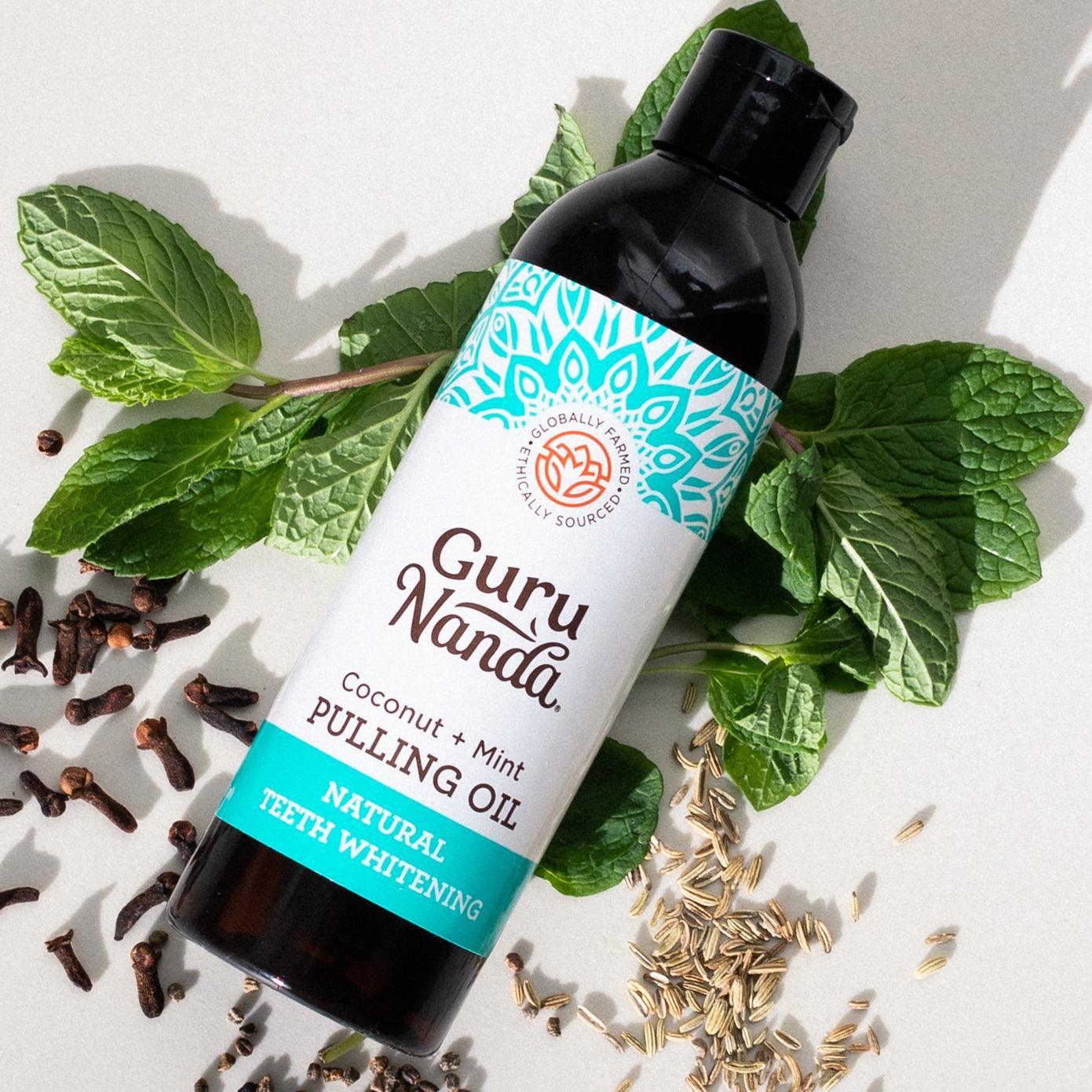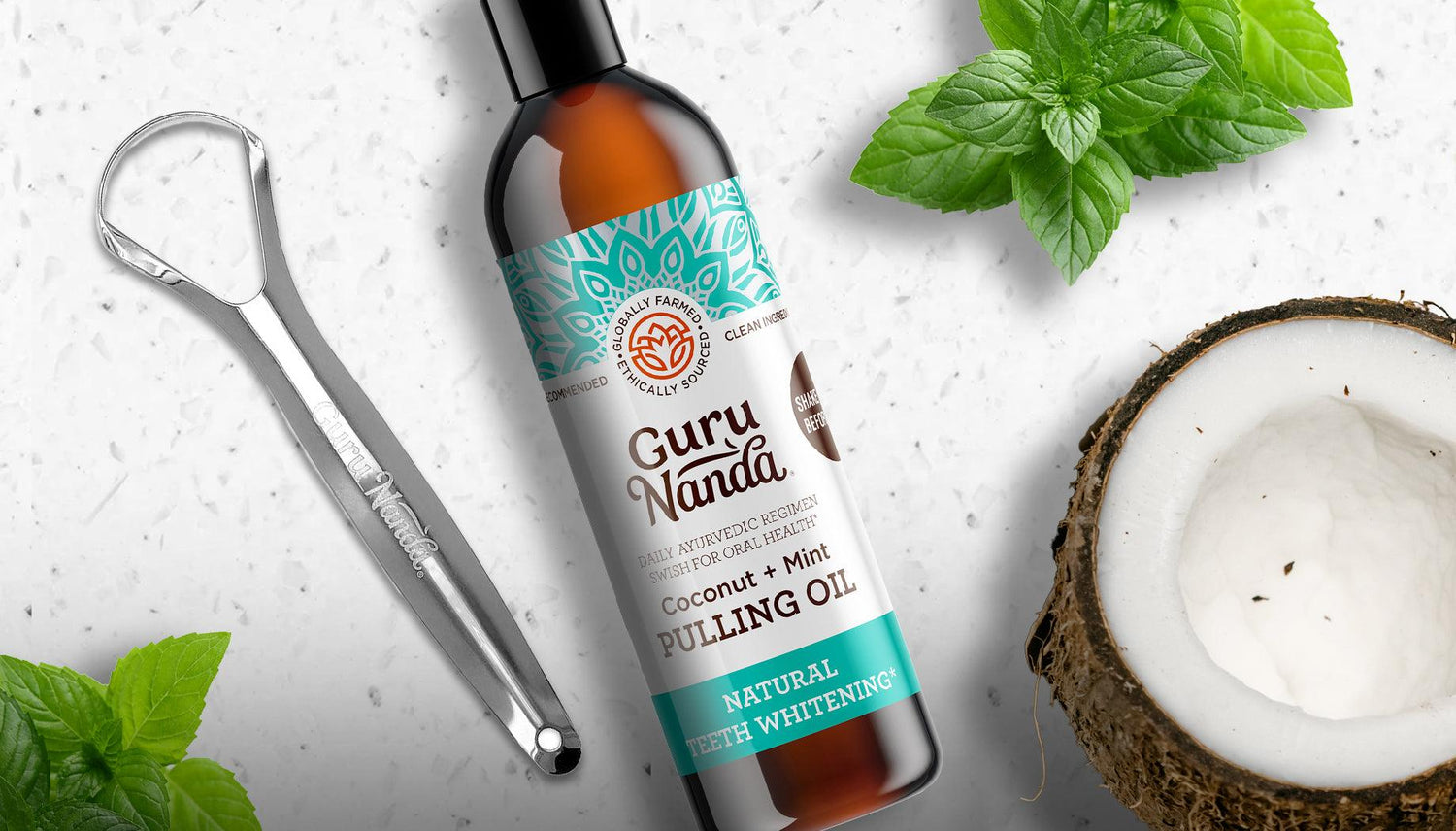
Dear Friends,
After my last blog post about ultra-processed food, many of you wrote to me to express shock that this type of food could be so unhealthy. After all, ultra-processed food is everywhere. From grocery store aisles packed with cookies, candy, cereal, and mass-produced breads, to the pastries at your local coffee shop, to the hotdogs at your summer barbeques, it is truly shocking how pervasive ultra-processed food is.
There is a good reason for this. Ultra-processed food has a very long shelf life, and because of all the sugar, fat, salt, and chemicals it contains, it, unfortunately, tastes delicious to the point of being addictive.
Don’t believe me? Think about the last time you couldn’t stop eating a certain food. Was this food vegetables, fruit, or freshly cooked chicken? Or was it pizza, fast food, or candy? I’m willing to bet all my money that it was the latter.
The last thing I want to do is make it seem like I am preaching to you. If you eat ultra-processed food regularly, I do understand why! Ultra-processed food is much cheaper than fresh food, it lasts longer, and it often requires just a few minutes in the microwave to prepare, or no time at all. Real, whole foods are sadly very expensive right now. Plus, if you have a busy lifestyle, taking the time to shop for food, cook, and then clean up can seem impossible – especially if you work multiple jobs and/or have children too.
That said, I cannot stress this enough: Ultra-processed food often has no nutritional value at all. In fact, it can be very detrimental to your health.
Why is this, and what are some easy ways you can better support gut and overall wellness? Read on to find out.
WHY DO ULTRA-PROCESSED FOODS HAVE NO NUTRITIONAL VALUE?
I want to be clear, first and foremost, that food that is preserved or processed in some way is not the same as food that ultra-processed. As long as human society has existed, people have utilized different ways of preserving and even processing their food.
Prehistoric humans smoked, sundried, and fermented their food. The ancient Egyptians, Greeks, and Romans refined these methods and added new ones through pickling, salting, and curing. In the Middle Ages, European societies relied heavily on preserved foods – which allowed them to not only survive long winters but undertake long voyages and trade goods with other communities. Canning requires sugar, which sadly led to the enslavement of thousands of people worldwide, picking and processing sugarcane.
This progress accelerated during the Industrial Revolution. In the early 19th century, the canning process was developed, which allowed food to be preserved in sealed glass jars. This later shifted to tin cans, which were much more practical (cheaper and less easy to break). In the 20th century, chemical advancements with food additives extended the shelf life of products, making it possible to not only ship food further than ever before but for people to shop and cook less.
This, I believe, was the tipping point. Food companies hired scientists to make their foods tastier than ever using additives, sugar, and unhealthy fats. Eager to drive profits, food companies began using inexpensive ingredients.
An important example of this is high-fructose corn syrup, which is cheap and, science has proven, addictive. It gives your body no nutrients, and worse yet, it actually makes you feel more hungry.
According to the Harvard School of Public Health, the more processing food undergoes, the more nutrients it loses. Processing includes everything from washing and cleaning (which is very important) to pasteurizing, canning, freezing, and the addition of preservatives or chemicals like high-fructose corn syrup. So by the time a food reaches this final phase, there are few nutrients left – or none at all.
The consequences of this can be severe. Ultra-processed food contributes to diabetes, inflammation, fatty liver disease, and overall mortality.
BEYOND DIET, HOW CAN I SUPPORT MY GUT WELLNESS?
The most important things you can do for your overall health, and especially your gut wellness, are to eat well, drink water, and get plenty of exercise during the day and sleep at night. But as you transition from an ultra-processed one to a diet of real whole foods, and even after, I suggest giving your digestive system the extra support it needs to truly thrive.
That’s why I recommend GuruNanda Digestiva Triphala –a natural, plant-based dietary support made of a blend of carefully selected botanical ingredients that work synergistically to create optimal digestive function. This enzyme-rich formula can support anti-inflammation in the digestive tract, aid in the passing of gas, and offer antioxidant support.
I take Digestive Triphala myself to support gut wellness and am always happy with the results. I encourage you to take it as well.
Namaste,
Puneet





